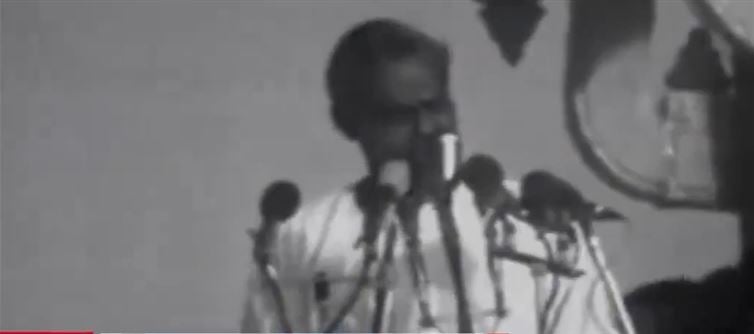
Unlike the aggressive posturing and hyper-nationalist rhetoric that dominates current political discourse, Vajpayee's foreign policy was marked by restraint, balance, and moral clarity. His support for palestine was not just a diplomatic position, but a reflection of India's historical ties to oppressed peoples around the world. He upheld India's commitment to the United Nations’ resolutions and international consensus, rather than aligning with global powers for short-term political gains. Vajpayee’s position was consistent with Gandhian ideals and the Nehruvian legacy of standing with the oppressed, not the occupier.
Today, however, many of those who revere Vajpayee conveniently ignore his views on such critical issues. Right-wing "bhakts" who idolize him domestically often turn a blind eye to his internationalist values, especially when it comes to Israel’s apartheid-like policies in Palestine. Cheering for a state engaged in systematic displacement, settlement expansion, and human rights violations runs counter to Vajpayee’s principles. If his admirers truly respected his legacy, they would uphold his commitment to justice—not abandon it for geopolitical opportunism or communal bias.




 click and follow Indiaherald WhatsApp channel
click and follow Indiaherald WhatsApp channel